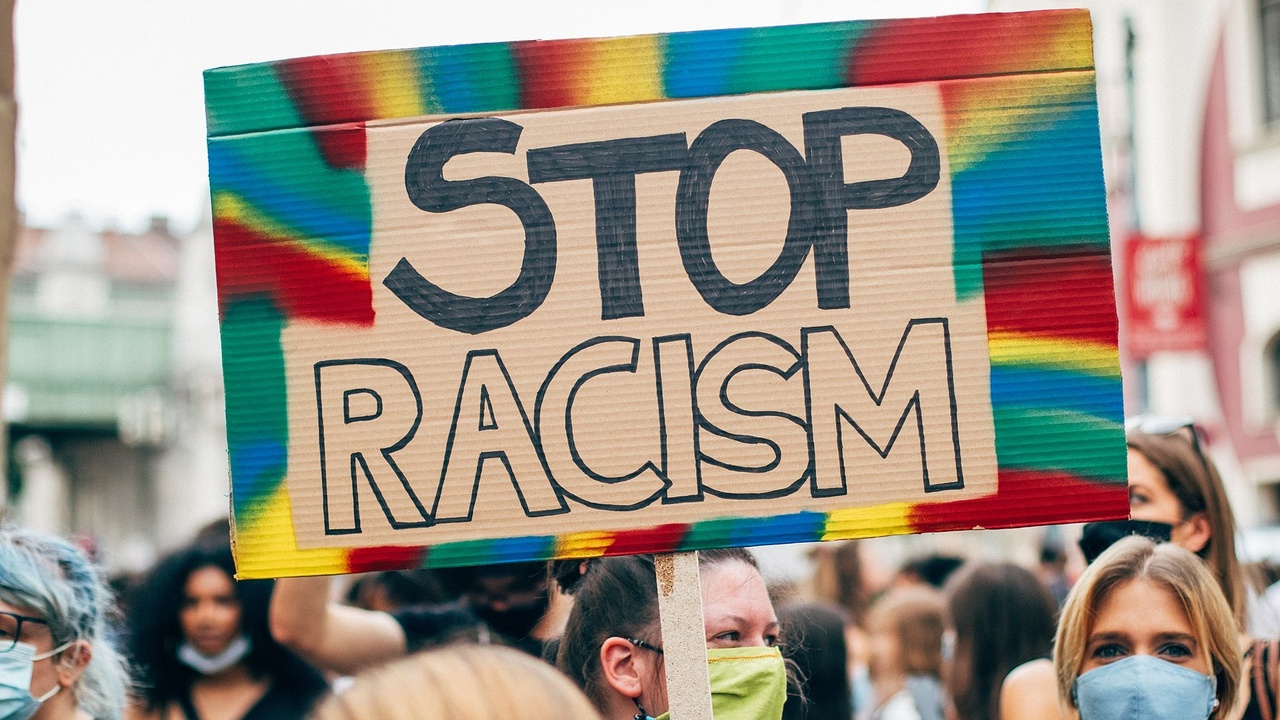Tackling the rise in anti-Chinese hate crimes with Sarah Owen

On 20th January 2020 Meridian Wellbeing hosted the third of its Tackling Hate Crime webinars with the Chinese Association of Tower Hamlets, with Member of Parliament Sarah Owen speaking.
“It is clear that everyone at Meridian Wellbeing and CATH are hugely committed to tackling hate crime and the impacts on our community. We need to see greater support groups like them, so more people can access the fantastic mental health support and work they do” - Sarah Owen MP.
Since the beginning of the pandemic, anti-Chinese hate crime has risen significantly – affecting many people in the community and causing fear and serious distress for victims.
Estimates from the police suggested a trebling of the number of hate crimes against people from Chinese backgrounds when compared to the previous year.
Between February and April 2020 estimates suggested a 300% in racist hashtags being used on social media against both China itself and people from Chinese backgrounds, while the pejorative term ‘Chinese virus’ seeped into public discourse.
Between January and June of the same year, the Metropolitan police recorded a total of 457 race-related crimes against people described by the Met as ‘oriental’ and those who self-described as Chinese.
This disturbing rise has led to many feeling worried about facing prejudice or abuse and has left some victims unsure of where to find support. Recently, a number of victims spoke to Kate Ng at The Independent about their own experiences of racist abuse since the onset of the pandemic,.
The Webinar
In the third webinar in our Tackling Hate Crime series, Luton North MP Sarah Owen spoke to us about her work raising awareness and pushing for action to tackle rising anti-Chinese racism.
Sarah Owen MP spoke to us about how tackling racism against those from Chinese backgrounds is an issue close to her heart.
As a mixed ethnicity child with Chinese heritage, she recalled how her own experiences of racism go back to when she was a child. She pointed out that racism against British East Asians and British South-East Asians ‘isn’t something new’ but ‘we have seen a real rise’ in racist incidents against members of the British East Asian and British South-East Asian communities.
Sarah Owen added that hate crimes against all ‘protected characteristics’, which includes ethnicity, (dis)ability, sexuality and gender, are at a record high.
Responding to these increases, Sarah Owen noted that ‘language matters’ and that the words used by public figures can have a major impact in stoking up racist sentiments and abuse.
In her presentation, she added that language can quickly set the tone of discussion, can mainstream negative ideas ‘very quickly’ and risks legitimising ‘racism and abuse’.
She highlighted some of the alarming cases of anti-Chinese racism in her constituency and neighbouring areas, explaining that one of her constituents of South-East Asian origin had been shouted at from a car for her appearance.
In Hitchin, near Luton, the owner of a Chinese takeaway had reported being spat at repeatedly and being asked if they had Coronavirus. While anti-Chinese racism in the UK is not new, people have reported witnessing anti-Chinese racism in a way they have never seen in the country before. She noted that in July 2020, Ipsos MORI found that 1 in 7 people in the UK intentionally avoid those of Chinese origin or appearance. This is a truly damning statistic.
Call for Action
Sarah Owen argued for a number of actions to stem and reverse the rise in anti-Chinese hatred.
Language matters
This includes using better language and to never use language that legitimises racism and abuse, including by calling out ‘authority figures who use appropriate language or racist stereotypes’.
Tackling racism on social media
Sarah Owen argued that ‘social media and website have a responsibility to remove the racism and hatred on their platforms and sites’.
Sarah Owen also pointed to the Online Harms Bill, which is expected to hold social media companies responsible for hate on their platforms and she called for the bill to have proper enforcement measures.
Addressing racism in the media
Sarah Owen highlighted that anti-Chinese sentiments have been fuelled by media outlets too, noting that a study from the organisation BESEAN found that 33% of news reports about Covid-19 used an image of South-East Asian or East Asian people.
This fuels negative stereotypes and can play into age-old tropes about ethnic minority groups spreading illnesses.
Targeted support
Highlighting the work of anti-racism organisations, Sarah Owen called for targeted support for charities and anti-racist organisations to work to tackle racism against people from East Asian and South-East Asian backgrounds.
Ethnic minority communities need better representation
Finally, Sarah Owen argued that East Asian and South-East Asian communities ‘need to take a stand’ and push for better representation in decision-making bodies like Parliament. She argued that ‘the Black, Asian and ethnic minority’ communities ‘as a whole’ need to have ‘much more of a say’ over how we go forward with the pandemic.
Our work and tackling anti-Chinese racism
We’d like to thank Sarah Owen for attending and giving her support to our efforts to tackle anti-Chinese racism, as well as offering potential solutions to the disturbing rise in hate crimes and abuse.
Our CEO, Leon Lee, said that ‘for too long now, racist language and stereotypes have seeped into public conversation but since the Pandemic this has increased.
Continuing, he added ‘I hope that through this project and with the support of leaders like Sarah, we can bring an end to the abuse and hatred affecting so many people.’
This project has been set up in direct response to the rise in anti-Chinese hate crimes, to help give support to victims, raise awareness of the need for action and help people better define and understand hate crimes.
We are inviting a different speaker to each webinar to share their knowledge with us.
You can find out more about the project here.
Photo credit: Wikimedia Commons/Ivan Radic.
